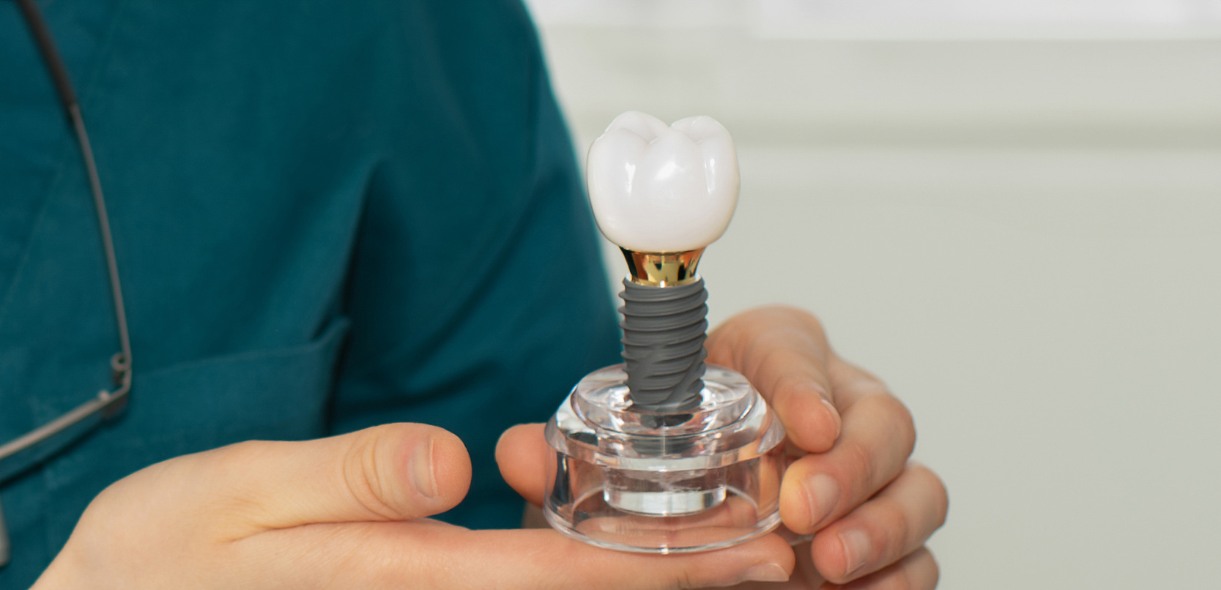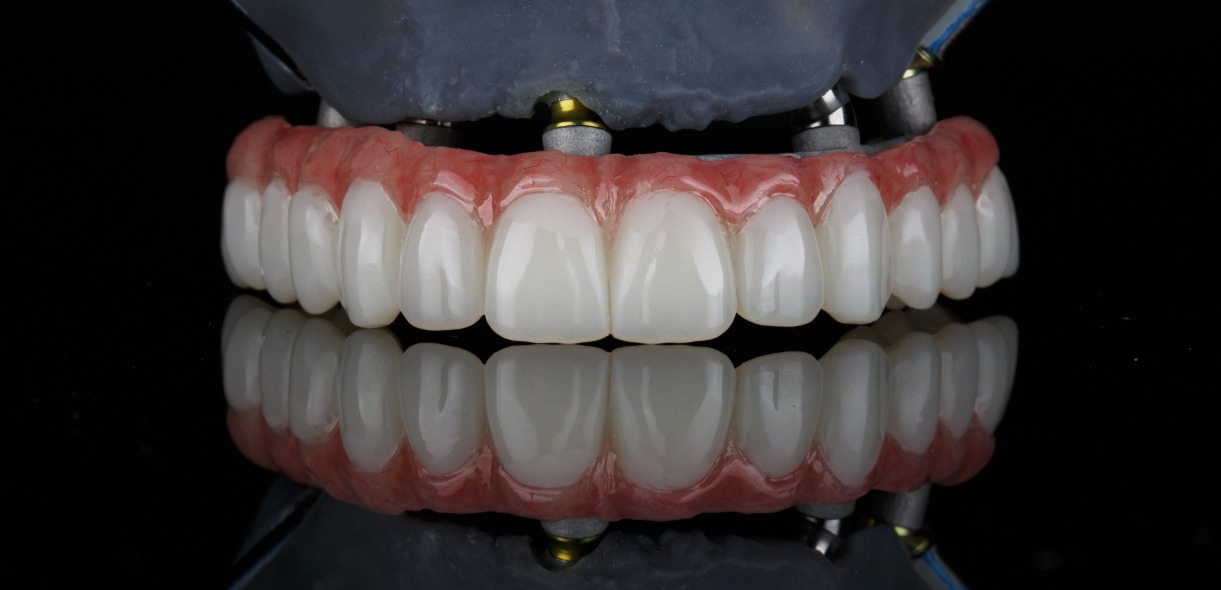7 Unknown Facts About Dental Implants

Dental implants have revolutionized tooth replacement, offering a natural-looking and long-lasting solution for missing teeth. But beyond the well-known benefits, there are surprising facts about these tiny wonders. This article dives into the fascinating science behind implants, explores their advantages, and sheds light on some common myths.
A Brief History of Dental Implants
The concept of dental implants dates surprisingly far back. Ancient civilizations attempted tooth replacement with various materials. However, modern dental implants, utilizing biocompatible materials like titanium, emerged in the mid-20th century.
Importance of Dental Implants
Missing teeth can impact not just your smile but also your oral health and overall well-being. Dental implants address these concerns by restoring proper chewing function, preventing bone loss in the jaw, and boosting confidence.
Overview of the Article
This article delves deeper into the science behind dental implants, explores their benefits, and clarifies common misconceptions. We’ll also discuss the implant procedure, potential risks, and explore budget-friendly options.
The Science Behind Dental Implants
What Are Dental Implants Made Of?
Most dental implants are crafted from titanium, a biocompatible metal that fuses naturally with jawbone. This process, called osseointegration, creates a strong and stable foundation for the artificial tooth.
How Do Dental Implants Work?
A dental implant consists of a screw-like post surgically placed into the jawbone. After a healing period, an abutment is attached to the post, which acts as a connector for the final restoration, such as a crown, bridge, or denture.
Different Types of Dental Implants
There are various implant types depending on jawbone anatomy and the number of teeth being replaced. Common options include endosteal implants (placed within the jawbone) and subperiosteally implants (placed on top of the jawbone).
Benefits of Dental Implants
- Improved Oral Health: Dental implants prevent bone loss in the jaw, which can occur with traditional dentures or bridges. They also allow for proper chewing, promoting better digestion and overall oral health.
- Enhanced Aesthetic Appeal: Dental implants look and function just like natural teeth. They are custom-designed to blend seamlessly with your existing smile, boosting your confidence and self-esteem.
- Long-Term Durability: With proper care, dental implants can last a lifetime. This eliminates the need for repeated replacements often required with other tooth-replacement options.
The Dental Implant Procedure
- Consultation and Examination Process: The journey begins with a comprehensive consultation with your dentist. X-rays and examinations assess jawbone health and suitability for implants.
- Surgical Placement of Implants: The implant placement is a minor surgical procedure performed under anesthesia. Depending on the complexity, it can involve one or multiple appointments.
- Aftercare and Recovery: Following implant placement, proper care and follow-up appointments are crucial for optimal healing and long-term success.
Common Myths About Dental Implants
- Dental Implants Are Painful: The procedure is performed with anesthesia, minimizing discomfort. While some soreness can be experienced post-surgery, pain medication effectively manages it.
- Dental Implants Are Not Suitable for Everyone: While some medical conditions may require additional considerations, advancements in dentistry have made implants a viable option for most people.
- Dental Implants Are Not Worth the Investment: While the initial cost may seem higher, dental implants are a long-term investment. Their durability and numerous benefits outweigh the cost compared to repeated replacements with other methods.
Potential Risks and Complications
- Possible Infection Risks: Like any surgical procedure, there’s a slight risk of infection. Following proper pre- and post-operative care significantly reduces this risk.
- Risk of Implant Failure: Implant failure rates are very low, but factors like underlying health conditions or improper aftercare can influence them.
- Importance of Regular Check-Ups: Regular dental check-ups are vital for monitoring implant health and preventing potential complications.
Budget-Friendly Options for Dental Implants
- Dental Implant Financing Options: Many dental practices offer financing plans to make implants more accessible. Discuss payment options with your dentist to find a plan that suits your budget.
- Dental Insurance Coverage for Implants: While not all dental insurance plans cover implants, some offer partial coverage. Check with your provider to understand your specific plan details.
- Affordable Alternatives to Traditional Dental Implants: There may be less expensive alternatives to traditional implants, depending on the specific situation. Your dentist can discuss options like implant-supported dentures or dental bridges.
Conclusion
Dental implants offer a life-changing solution for missing teeth. This article has explored the science behind them, their undeniable benefits, and addressed common concerns. If you’re considering dental implants in Rocklin, CA consult with our qualified dentist to discuss your options and determine if they’re the right choice for you.



